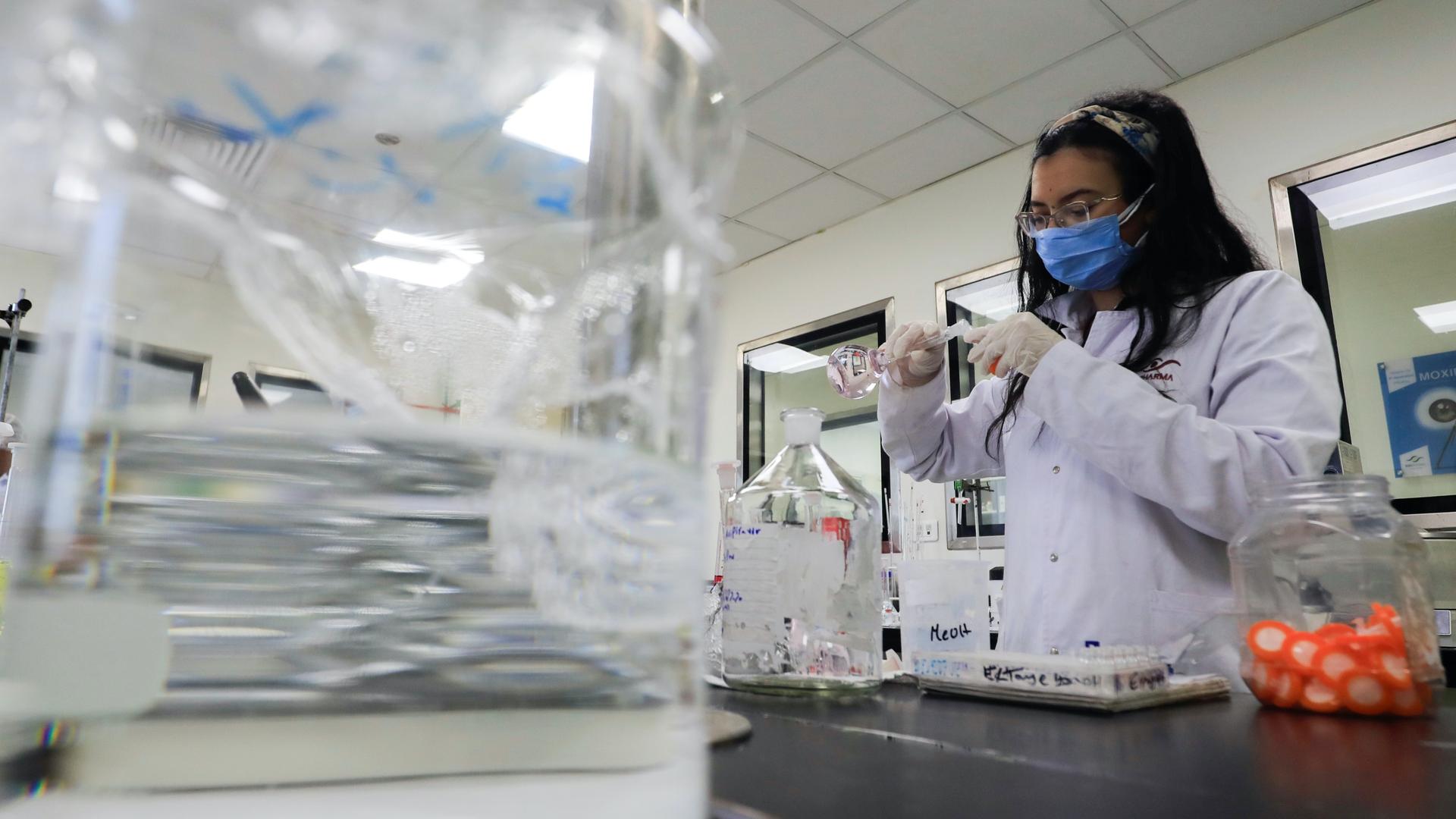Biology will play ‘a key role in the response to future crises,’ says health security scholar
This interview was featured in Critical State, a weekly newsletter from The World and Inkstick Media. Subscribe here.
How have developing nations responded to COVID-19 and other pandemics? What can the security community learn from biology experts when it comes to future pandemic preparedness?
Gigi Gronvall explores these questions in her new article, “The Scientific Response to COVID-19 and Lessons for Security,” featured in the journal Survival.
Gronvall uses her background in immunology as a senior scholar at the Johns Hopkins Center for Health Security and as an associate professor in the department of environmental health and engineering at the Johns Hopkins Bloomberg School of Public Health.
Gronvall spoke with Sam Ratner of Critical State via email as part of their Midnight Oil series to find out more about health security and pandemic preparedness.
Related: Is coronavirus reshuffling the global power deck?
Critical State: What is the hardest problem you work on?
Gigi Gronvall: I’m a biologist by training, but I’ve worked on security, biosecurity, health security, and pandemic preparedness and response issues. One of the biggest problems we face in building up government capacity to respond to biological threats, pandemics, or otherwise, is that the community of biology experts who have access to the policy process is small compared to the scope of the issues they deal with. Instead, people in the security world who deal with biological issues get stovepiped pretty quickly, which leads to problems.
In the Defense Department, for example, most of the people who think about biology are trained to think of biology as a weapon. To them, biological research — much of which is dual-use and can be used to help people as much as to hurt them — is a festival of potentially mis-usable items. As a result, they miss the untapped potential for biological research to produce defensive, rather than offensive, uses. As biologist Drew Endy pointed out, “biology is nanotechnology that works” — it has the potential to do amazing things, from making countermeasures against diseases and biological weapons to finding green ways of reducing our reliance on petroleum. But thinking about those uses isn’t part of the training for people who go into traditional security.
That barrier between the security and biological communities also creates a translation problem in times when it is very important for those communities to work together. I spend a lot of my time in this COVID-19 era translating science into language that the policymaking community can understand, and that can be a fraught process. Because policymakers have so little background in biology, sometimes they don’t understand that translations are, by necessity, simplifications. For example, there are a lot of questions right now about COVID-19 antibody testing. People want to know about the tests because they hear the word “antibodies” assume that if someone has COVID-19 antibodies, they’re immune. The reality is much more complicated than that, but without greater experience in dealing with biological issues, it’s hard for people to have the humility to accept the complexity of the situation.
Related: Is Vietnam the coronavirus-fighting champ of the world?
How do you go about trying to solve this problem?
The real solution here is to expand biology expertise in government from the silos it is currently in to much more prominent policymaking roles. It’s important to have a holistic view of biological research at high levels of government, where planning happens. Biologists should be on the National Security Council and in similar bodies, where they can help set a strategic direction for how biology can be used as a tool and can impact our way of life.We’ve long paid lip service to the importance of biology in the security community. There have been tabletop exercises, policy papers, and other efforts to prepare for biological threats, and even the Trump administration’s National Security Strategy mentioned the need to combat biological threats and pandemics. Having the right words in place, however, was obviously no guarantee that we’d be able to deal effectively with a crisis. Biology is going to play a key role in the response to future crises, from other pandemics to climate change, so we need to have the personnel in place to turn words into action.
This interview has been lightly edited.
Critical State is your weekly fix of foreign policy without all the stuff you don’t need. It’s top news and accessible analysis for those who want an inside take without all the insider bs. Subscribe here.
